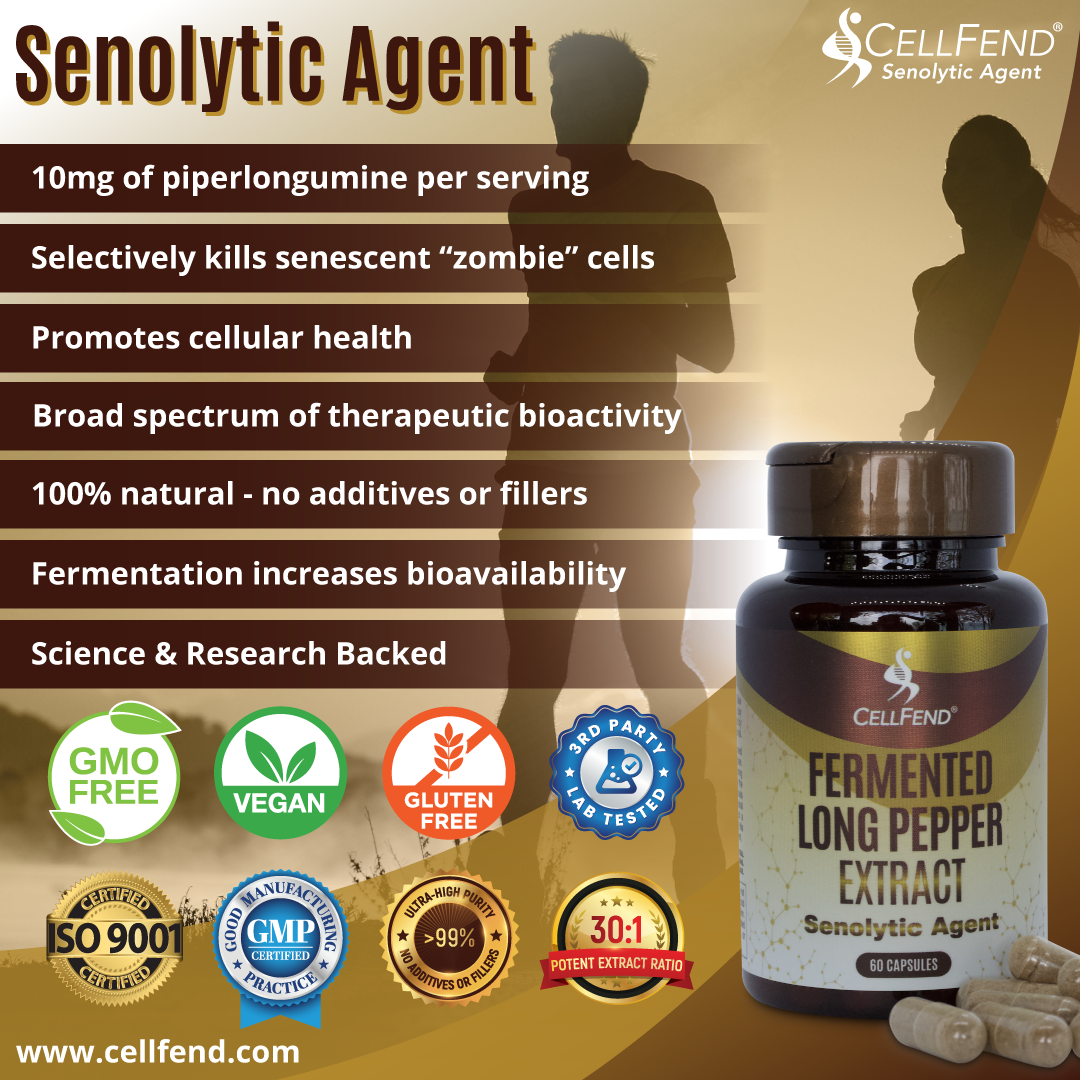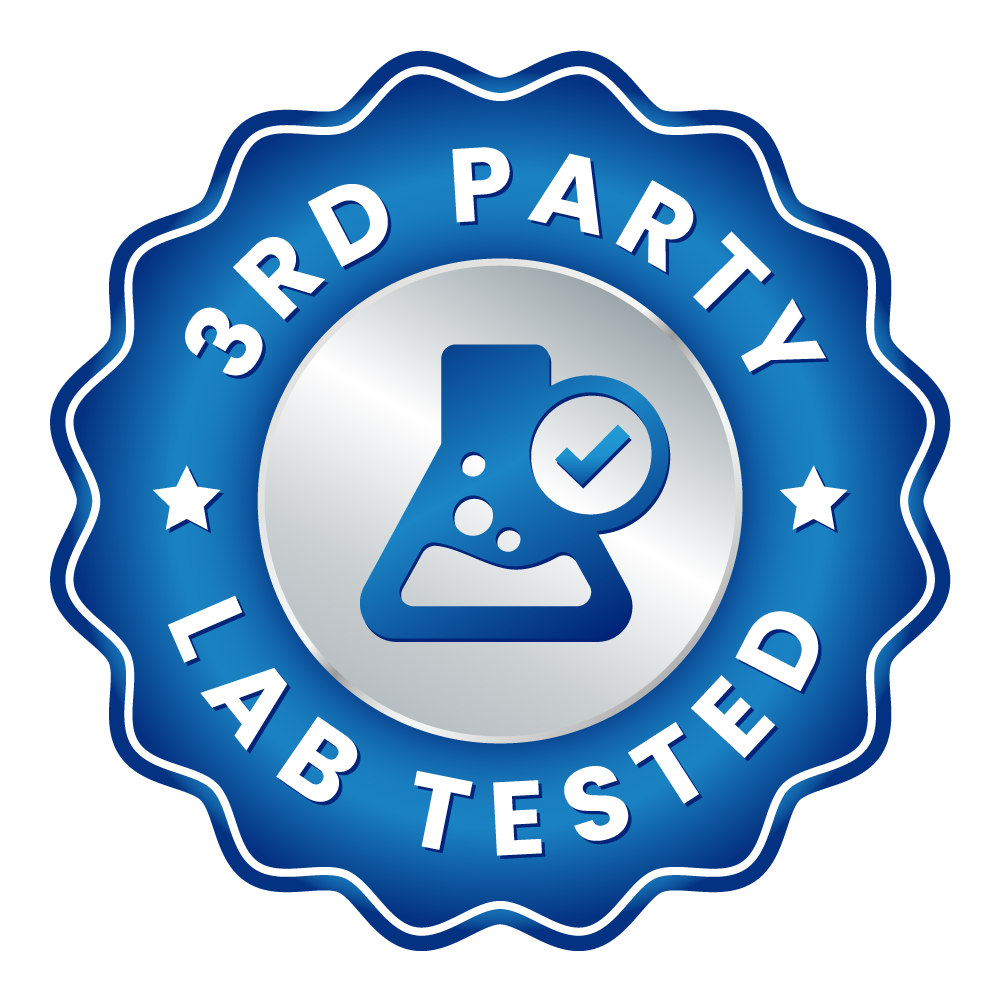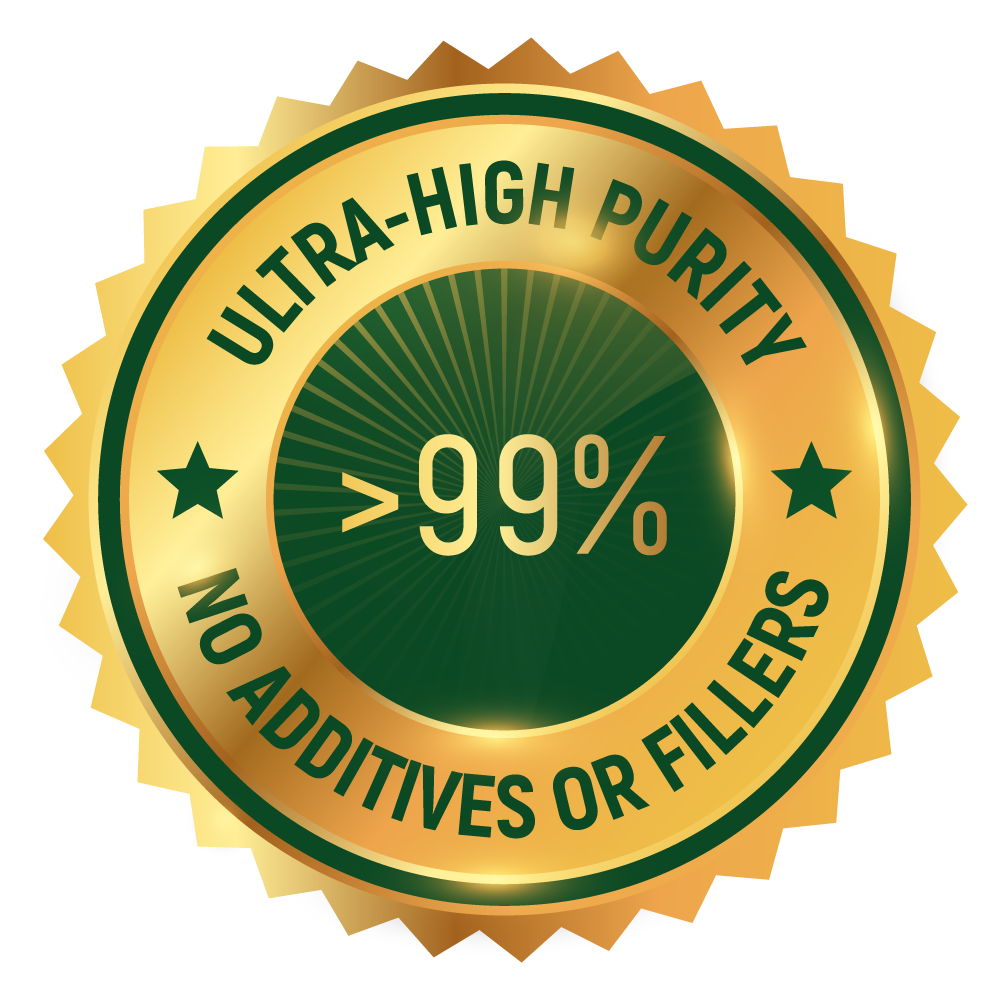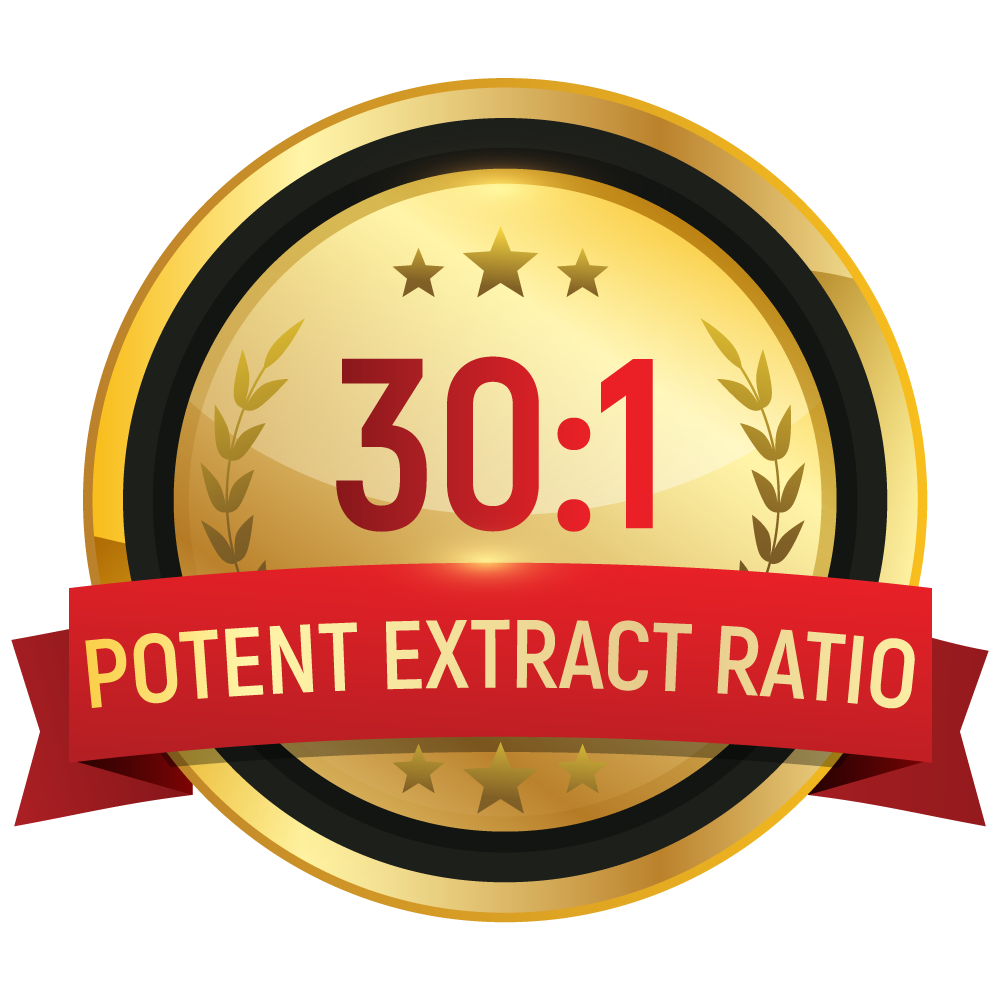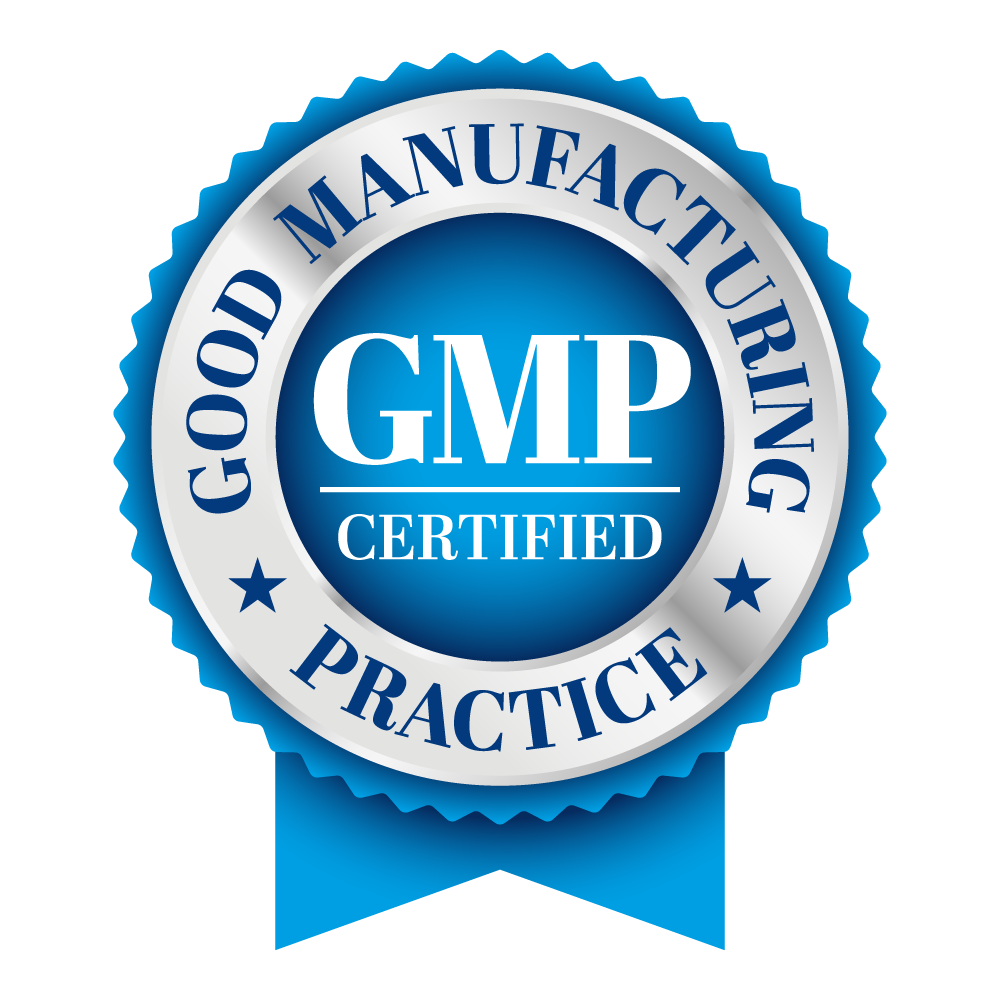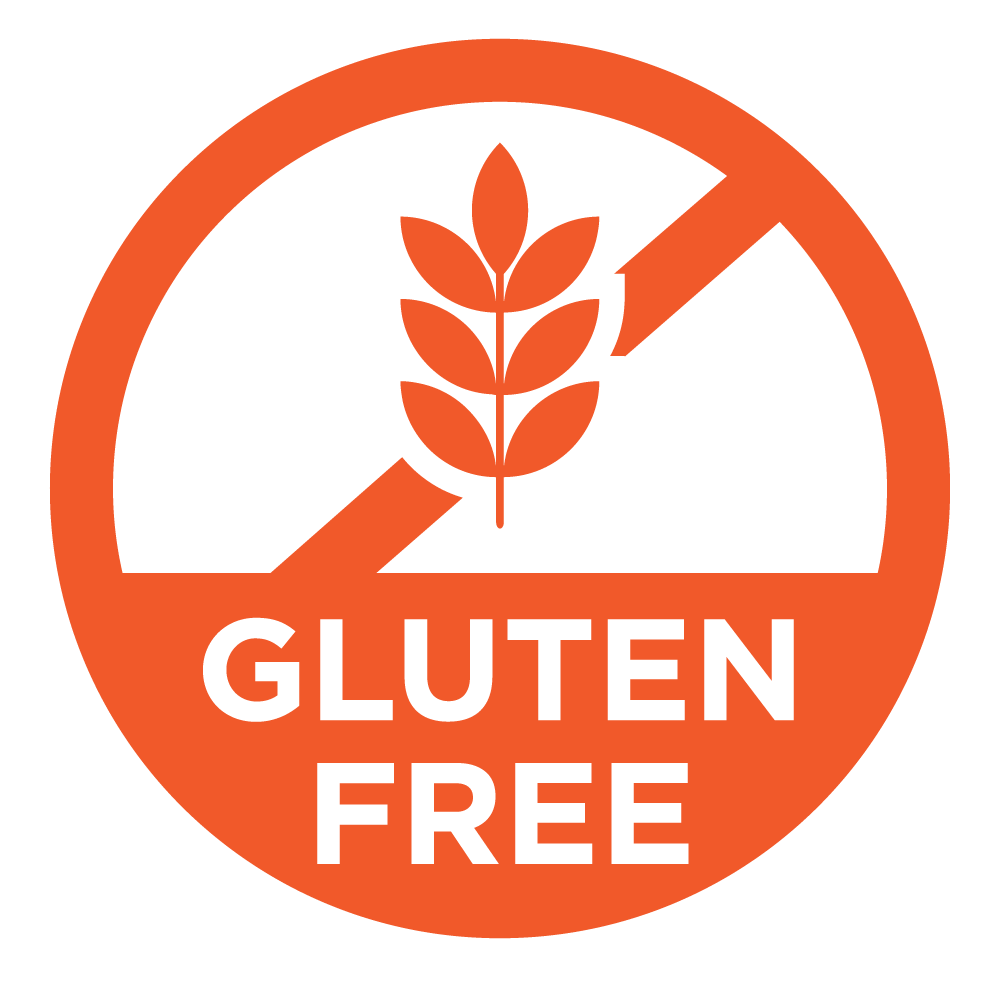Live Longer
Live Healthier
Our Fermented Long Pepper Extract is a 100% natural, potent cellular health supplement and senolytic agent, rich in piperlongumine.
Each 1,000 mg serving of our Fermented Long Pepper Extract contains 10 mg (1%) of piperlongumine.
As we get older, our bodies accumulate senescent "zombie" cells, which no longer divide and enter into an arrested state; they don’t live, they don’t die, but they release toxic chemicals that spread to other cells. This can lead to numerous age related diseases.
Senolytics are a cutting-edge type of compound, which selectively target and kill these senescent "zombie" cells, thereby promoting cellular health. Piperlongumine is a potent, all-natural senolytic.
There is well-documented research on Fermented Long Pepper Extract and piperlongumine, and their role in health, longevity, and senolytics (selectively killing senescent “zombie” cells).
Our product undergoes rigorous and detailed Third Party Lab Testing, to make sure our ingredients are consistently of the highest quality and purity (greater than 99%).
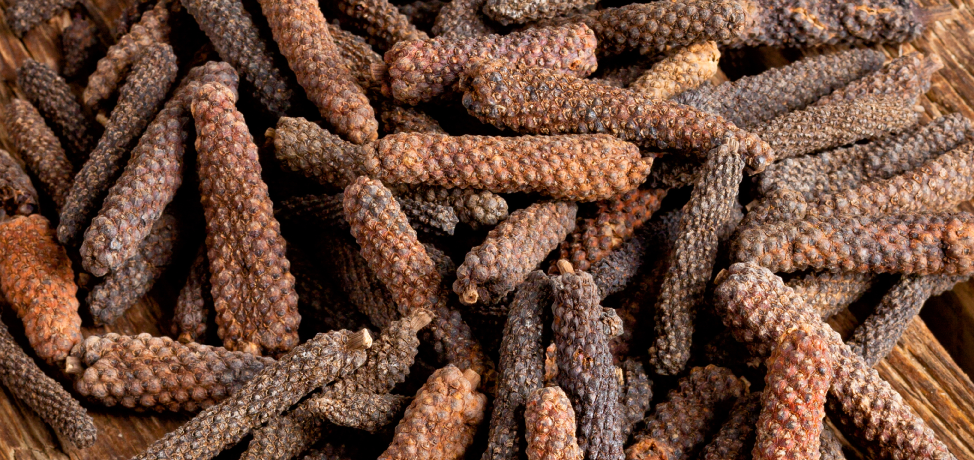
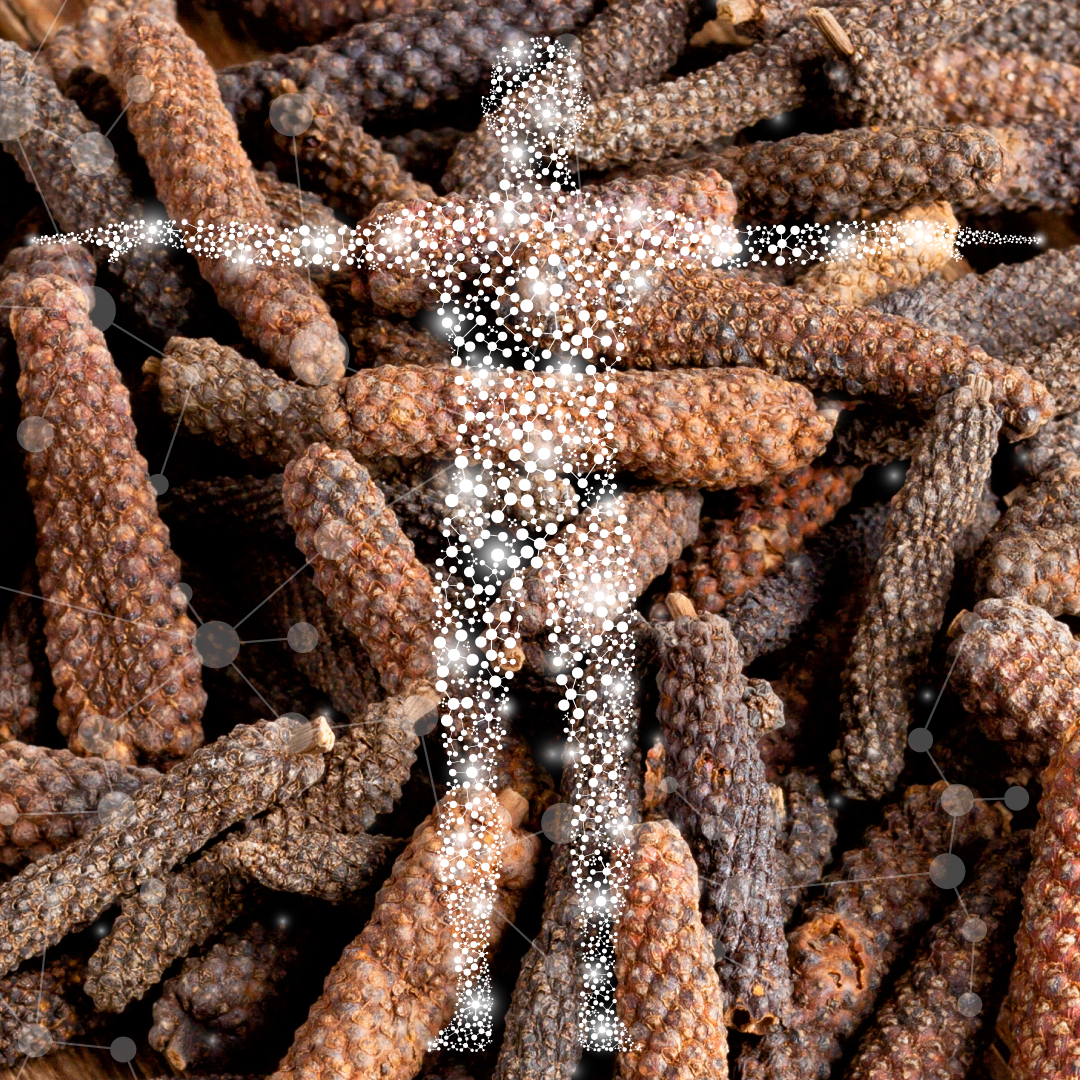
What makes the Long Pepper so special?
Unique Bioactive Molecules
The long pepper can be pharmacologically classified as an adaptogenic or stress response regulating medicinal herb, with a broad spectrum of therapeutic bioactivity. Piperlongumine, piperine, and other amide alkaloids have been identified as the major and structurally unique bioactive molecules of the plant.
Shop Now
All Natural Senolytic Agent
What is Piperlongumine?
Piperlongumine (also called Piplartine or Piperlongumin) is an amide alkaloid constituent of the fruit of the long pepper (Piper Longum), that has been rigorously studied with well-documented health benefits.
Piperlongumine has been identified as a natural, plant-derived, potent senolytic, able to selectively kill senescent (zombie) cells, protecting against age-related disorders.
Each 1,000mg serving of our Fermented Long Pepper Extract contains 10mg (1%) of Piperlongumine.
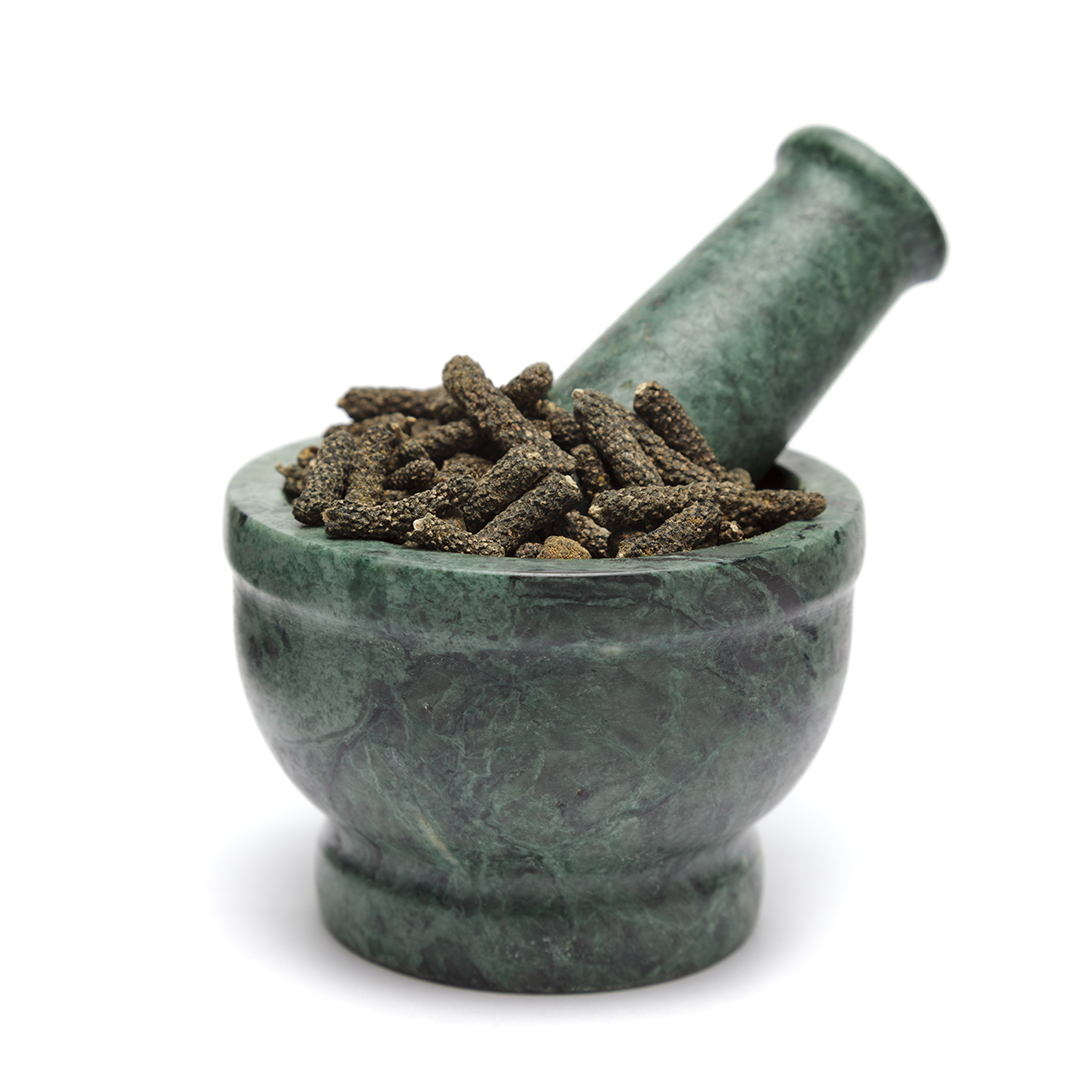
Senescent (Zombie) Cell Killers
What are Senolytics?
The word “senolytic” comes from a combination of “senescence” and “lytic”, the Greek word for destroying.
Senolytics are certain small molecules that can selectively kill senescent (zombie) cells, thereby promoting healthy aging.
Fermented Long Pepper Extract is one of the most powerful senolytics found in nature due to its piperlongumine content.
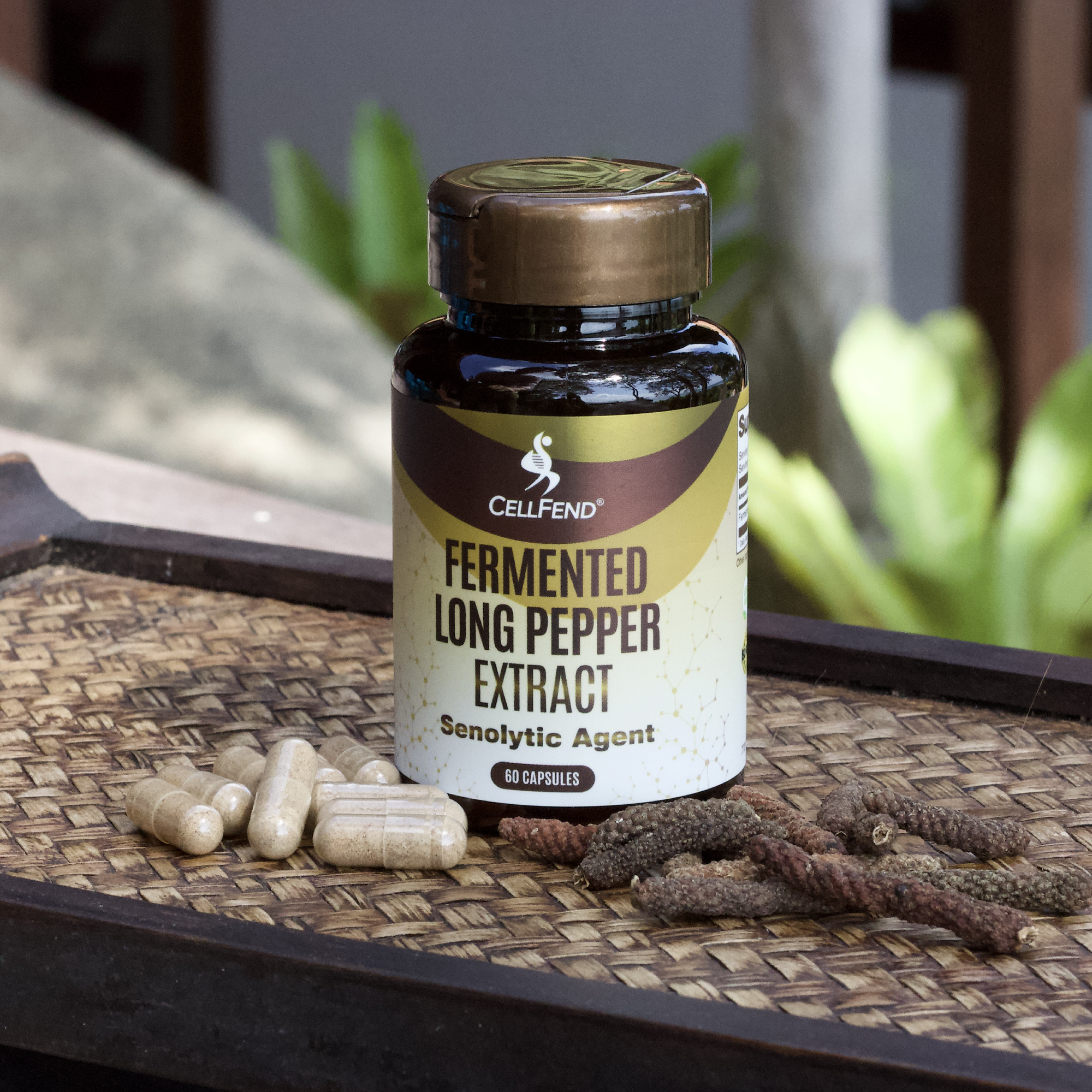
What is Cellular Senescence?
Senescent (Zombie) Cells
Senescent cells are cells that no longer divide and enter a permanent state of cell-cycle arrest (where they’re no longer part of a healthy cell cycle).
Because they're not really living, yet they don’t die, they’re often nicknamed “zombie cells”.
These cells release chemicals which act as poisons, causing damage to nearby healthy cells, facilitating a downward spiral, and triggering aging and age-related aliments.
As we grow older, senescent cells accumulate in our bodies. This process is also known as Cellular Senescence
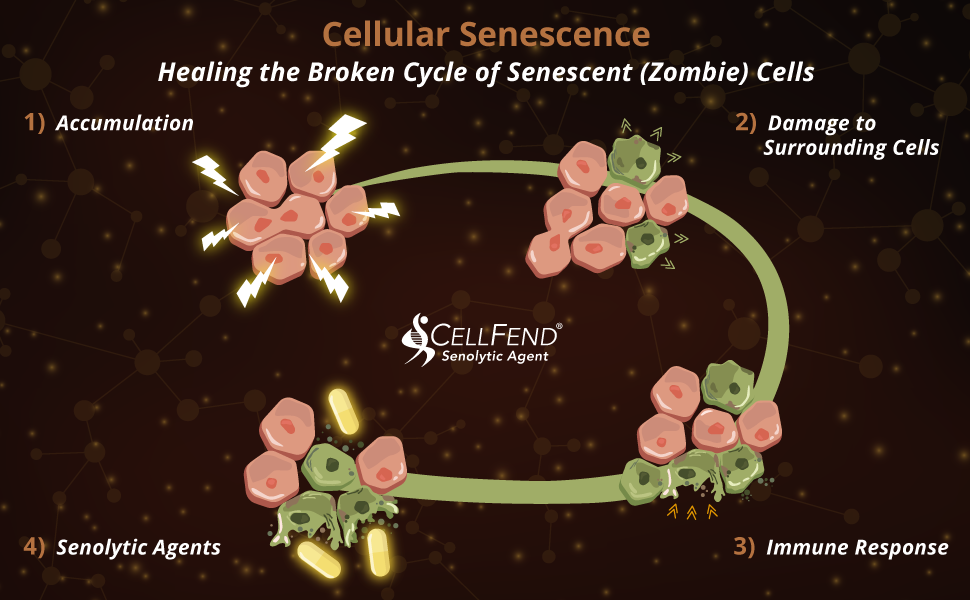
1) Accumulation
As we get older, our cells are exposed to more stress, and we start accumulating damaged cells.
2) Damage Surrounding Cells
Sometimes, these damaged cells stop dividing and turn into senescent (zombie) cells - they refuse to die, but stick around and release toxic chemicals that damage surrounding cells. This can become a downward cycle and lead to disease.
3) Immune Response
In some instances, our immune systems can destroy senescent cells. However, as we age, more and more senescent cells build up and are not naturally killed by our immune systems. These senescent cells can then cause serious damage to other cells and lead to disease.
4) Senolytic Agents
Senolytic Agents are certain types of compounds (such as the Piperlongumine in our Fermented Long Pepper Extract) that target specific senescent cells and destroy them, allowing our cells to revert back to their natural, healthy conditions.
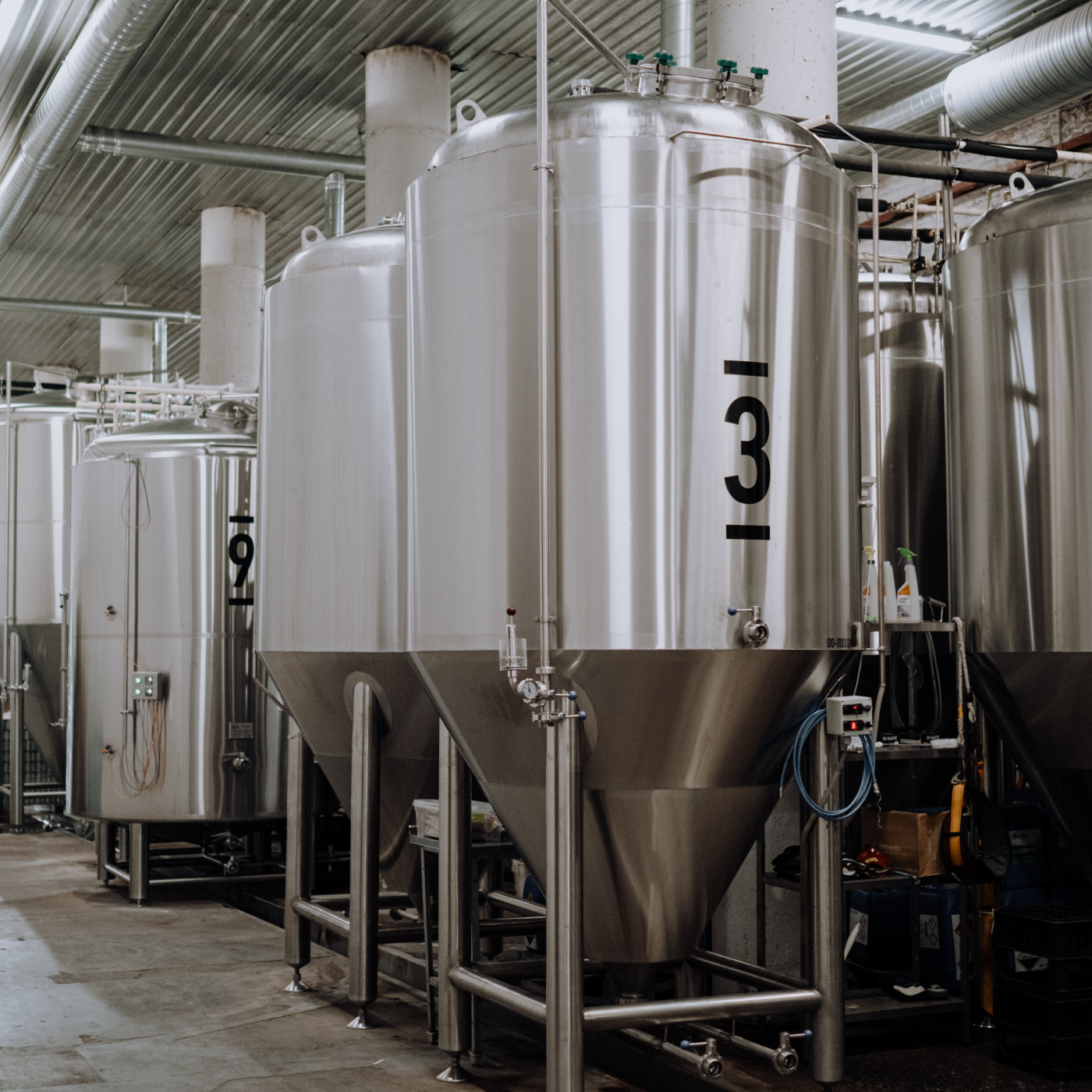
Fermentation Benefits
Prior to our 30:1 ratio extraction process, our long pepper undergoes a 96-hour fermentation, which has multiple benefits.
Research shows that fermentation increases the amount of beneficial micro-organisms and bioactive substances, such as phenolic compounds, amino acids, and antioxidants.
Fermentation can also improve the bioavailability of the supplement and the body’s ability to better absorb it.
(“Recent research process of fermented plant extract: a review”, Trends in Food Science & Technology 65, 2017, 40-48)

Senolytics can act synergistically when taken together.
For instance, combining our Fermented Long Pepper Extract with either quercetin, fisetin, curcumin, tea theaflavins, apigenin, or navitoclax may be more beneficial than just taking them alone.
A combination of senolytics can be used to expand the range of senescent cell types that are targeted, maximizing the benefits.
(“The Clinical Potential of Senolytic Drugs”, Journal of the American Geriatrics Society, 2017 October; 65(10): 2297–23018)
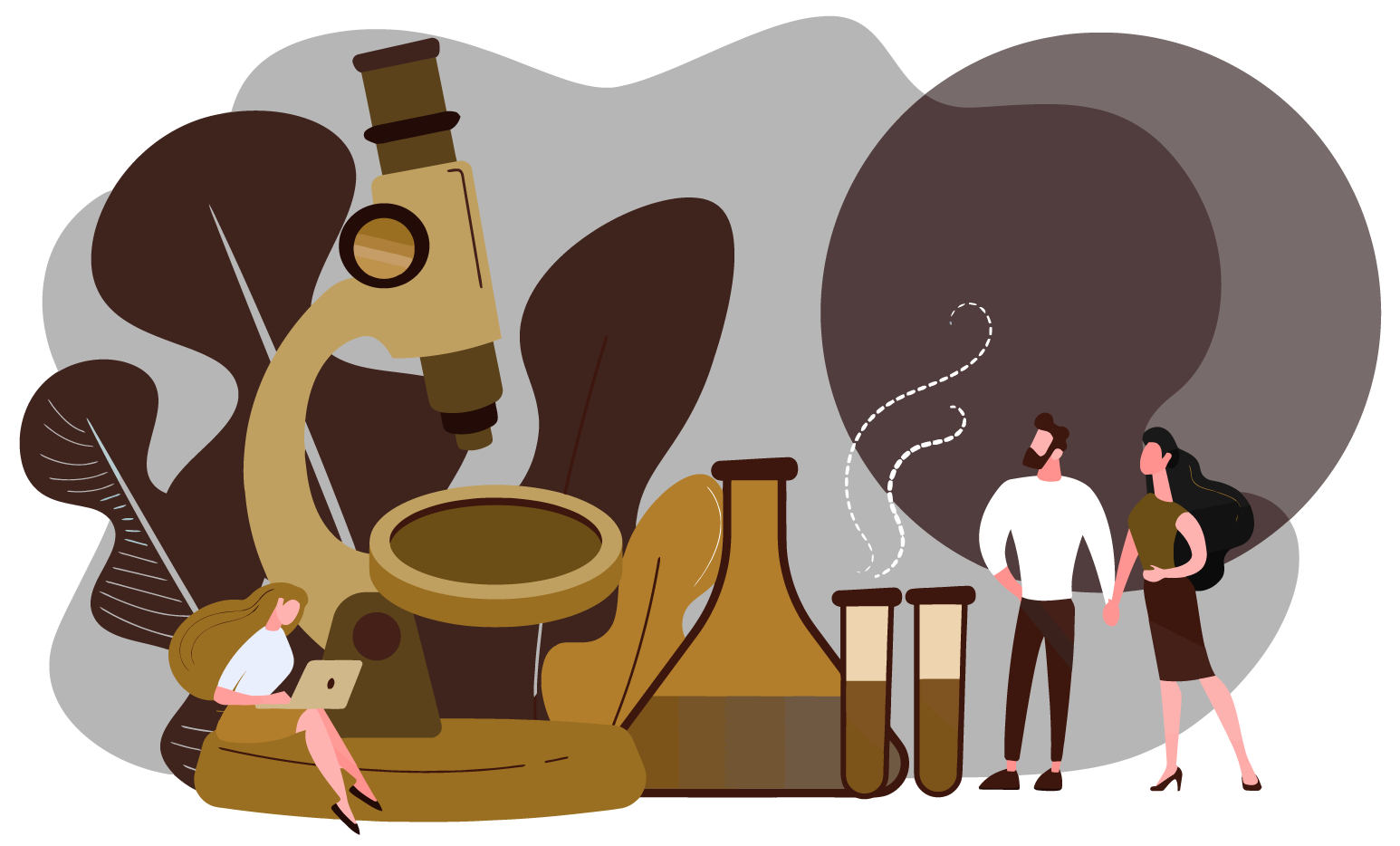
High Quality & Purity
3rd Party Lab Tested
Each batch of our product undergoes rigorous and detailed 3rd Party lab testing, to make sure our ingredients are consistently of the highest quality and meet international standards. We test for purity, heavy metals, solvents, pesticides, and bacteria. We strive to give our customers confidence, and in full transparency, we make our results available on our "Quality & Testing" page.
Quality & Testing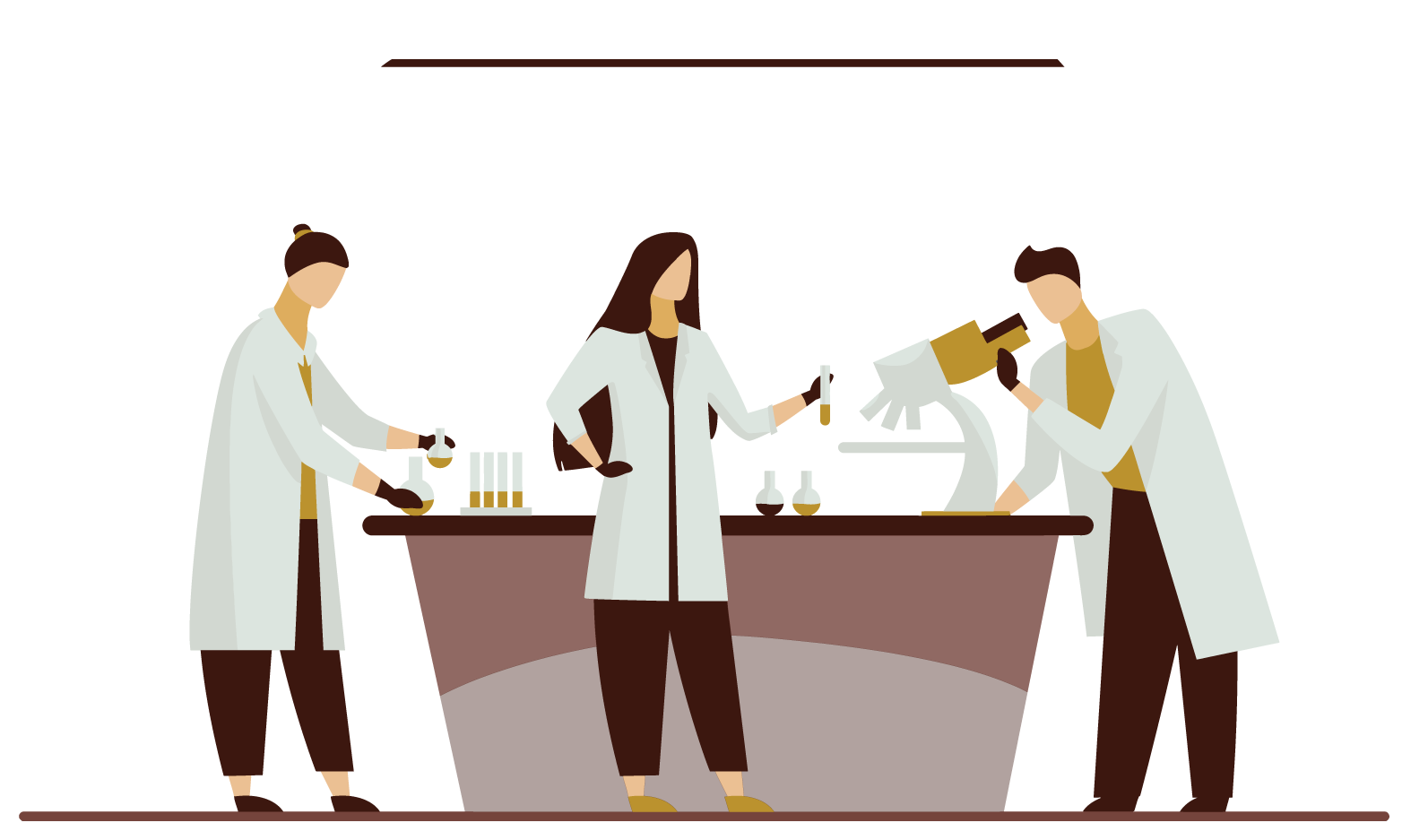
Numerous Clinical Trials
Science Backed
There is well-documented research on the long pepper and piperlongumine and their role as a senolytic agent in health and longevity. For a deeper understanding of the science, direct links to a selection of research articles and clinical tests can be found on our "Research" page.
View the Research

